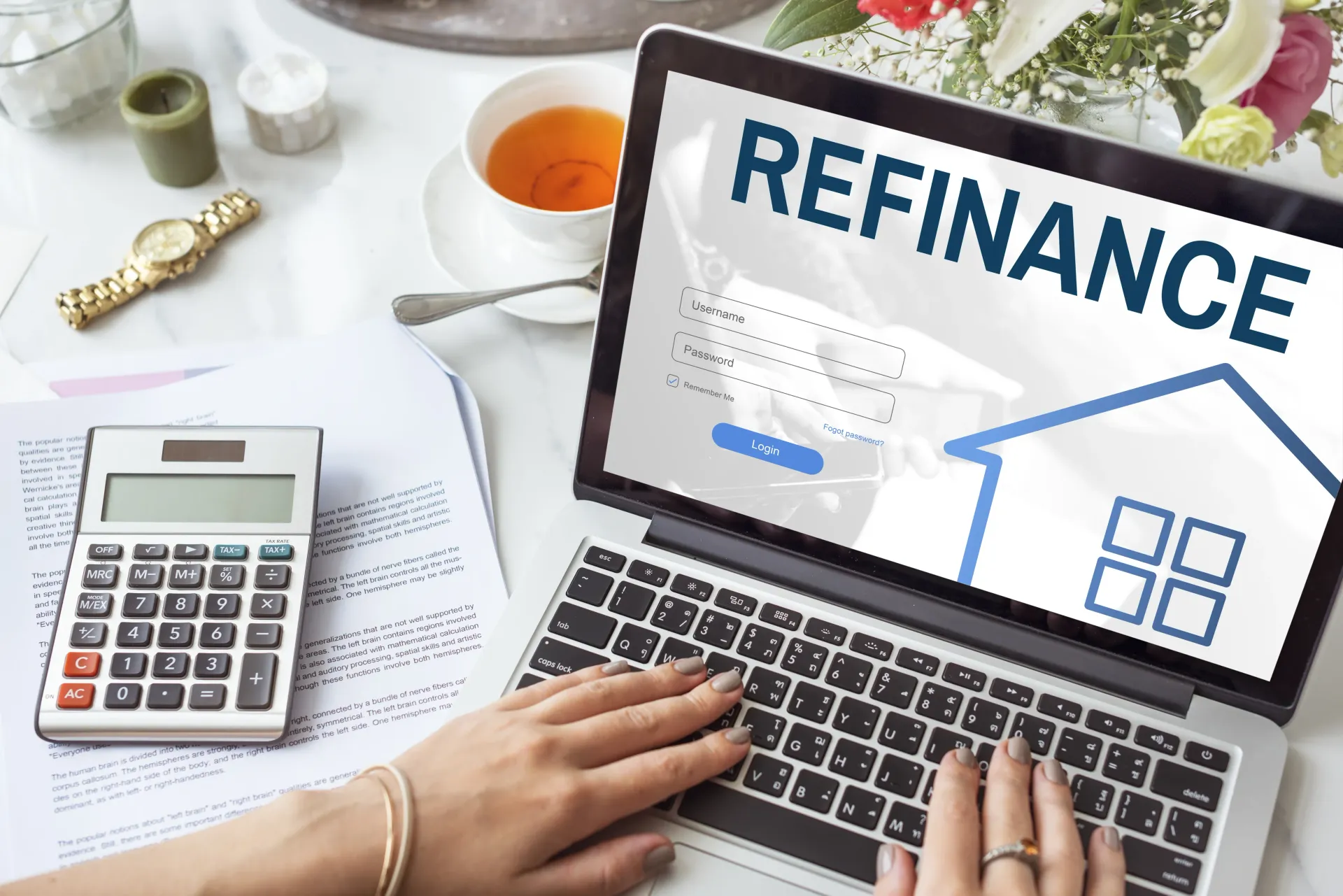Getting To Know The Source Of Your Funds
Understanding the Importance of Source of Funds
In today's financial landscape, it is crucial to understand where your money is coming from, especially when engaging in investments, real estate transactions, or obtaining loans. Knowing the source of your funds ensures transparency, helps in compliance with financial regulations, and protects against potential legal issues.

Why It Matters
1. Regulatory Compliance
Financial institutions, lenders, and government bodies require individuals and businesses to verify the source of their funds. This helps prevent money laundering, fraud, and other illicit activities. Compliance with regulations like the Anti-Money Laundering (AML) and Know Your Customer (KYC) policies is mandatory for businesses and investors.
2. Ensuring Financial Transparency
When dealing with significant financial transactions, such as securing a loan from a Hard Money Lender, transparency is vital. Lenders want to ensure that the money you are using for a down payment, collateral, or repayments comes from a legitimate and legal source.
3. Avoiding Legal Risks
Failing to provide documentation regarding the source of your funds can lead to legal consequences. Authorities may question unexplained wealth, and transactions without proper records may result in penalties or even asset seizures.
4. Building Credibility with Lenders
When seeking financial support from lenders or investors, being able to prove the legitimacy of your funds boosts your credibility. Whether you're applying for a mortgage, business loan, or real estate investment loan, lenders require proof that your funds are lawfully obtained.
Common Sources of Funds
Understanding where funds originate from is essential for proper documentation. Here are some of the most common sources:
1. Personal Savings
Many individuals use their accumulated savings as a source of funds. Bank statements can verify the history and legitimacy of these funds.
2. Business Income
For entrepreneurs and business owners, income generated from their business activities is often used as capital. Financial statements, tax returns, and invoices serve as documentation.
3. Real Estate Investments
Real estate transactions often involve large sums of money. Whether the funds come from rental income, property sales, or refinancing, proper records and contracts should be maintained.
4. Inheritance and Gifts
Funds obtained through inheritance or gifts must be accompanied by supporting legal documentation, such as a will or a notarized statement from the benefactor.
5. Investment Earnings
Earnings from stock markets, mutual funds, or cryptocurrency investments can also serve as a source of funds. Brokerage statements and tax records provide the necessary verification.
6. Loan Proceeds
Borrowing money from a legitimate lender is another source of funding. When dealing with a Hard Money Lender, it’s essential to maintain records of loan agreements and repayment schedules.
How to Verify and Document Your Source of Funds
Proper documentation is critical when proving the source of your funds. Below are key steps to follow:
1. Maintain Accurate Records
Ensure that all financial transactions are well-documented. Bank statements, contracts, tax returns, and receipts help verify the legitimacy of your funds.
2. Work with Financial Professionals
Engaging an accountant or financial advisor can help ensure compliance with financial regulations and proper record-keeping.
3. Provide Necessary Documentation When Applying for Loans
If you plan to secure a loan from a lender, be prepared to submit documentation, such as income statements and property ownership records, to verify your financial status.
4. Avoid Cash Transactions Without Proof
Large cash deposits without proper documentation can raise red flags with financial institutions. Always ensure there is a clear paper trail.
Final Thoughts
Understanding and verifying the source of your funds is essential for financial transparency, regulatory compliance, and successful investment opportunities. Whether you are applying for a loan, investing in real estate, or managing business funds, having proper documentation ensures a smooth and legal financial process.
For more information or to inquire about loan options, feel free to Contact a reputable lender today.










